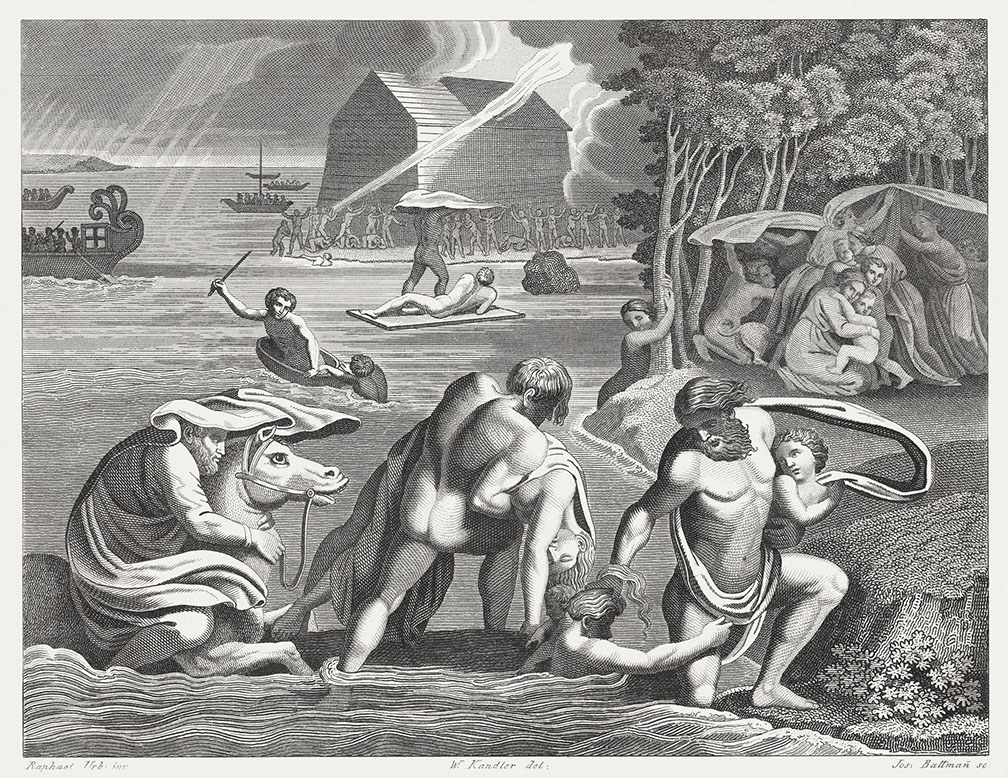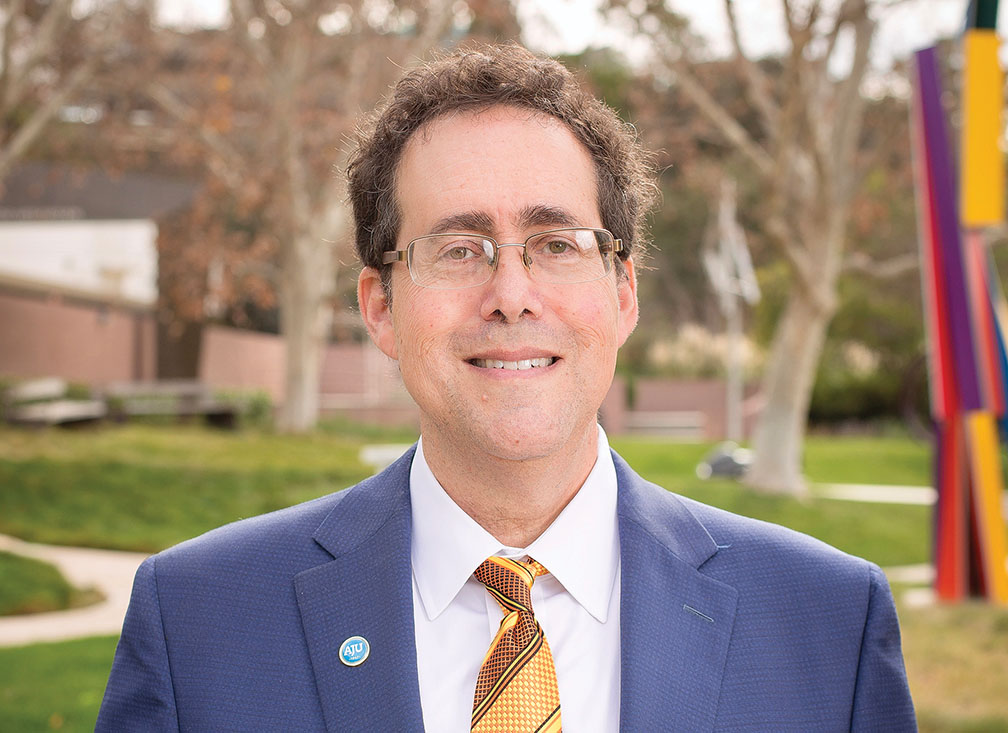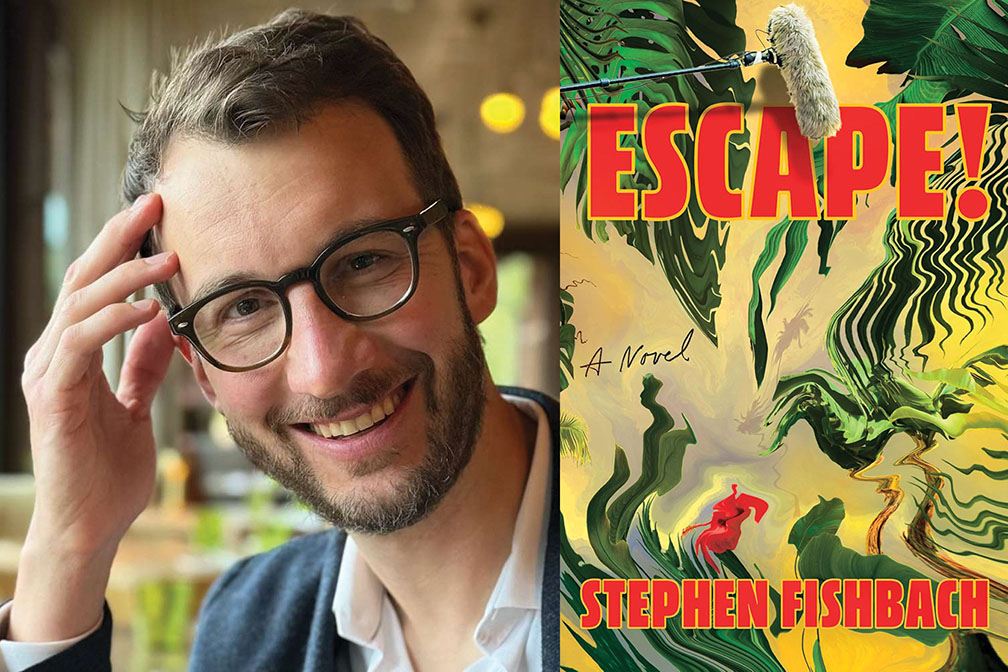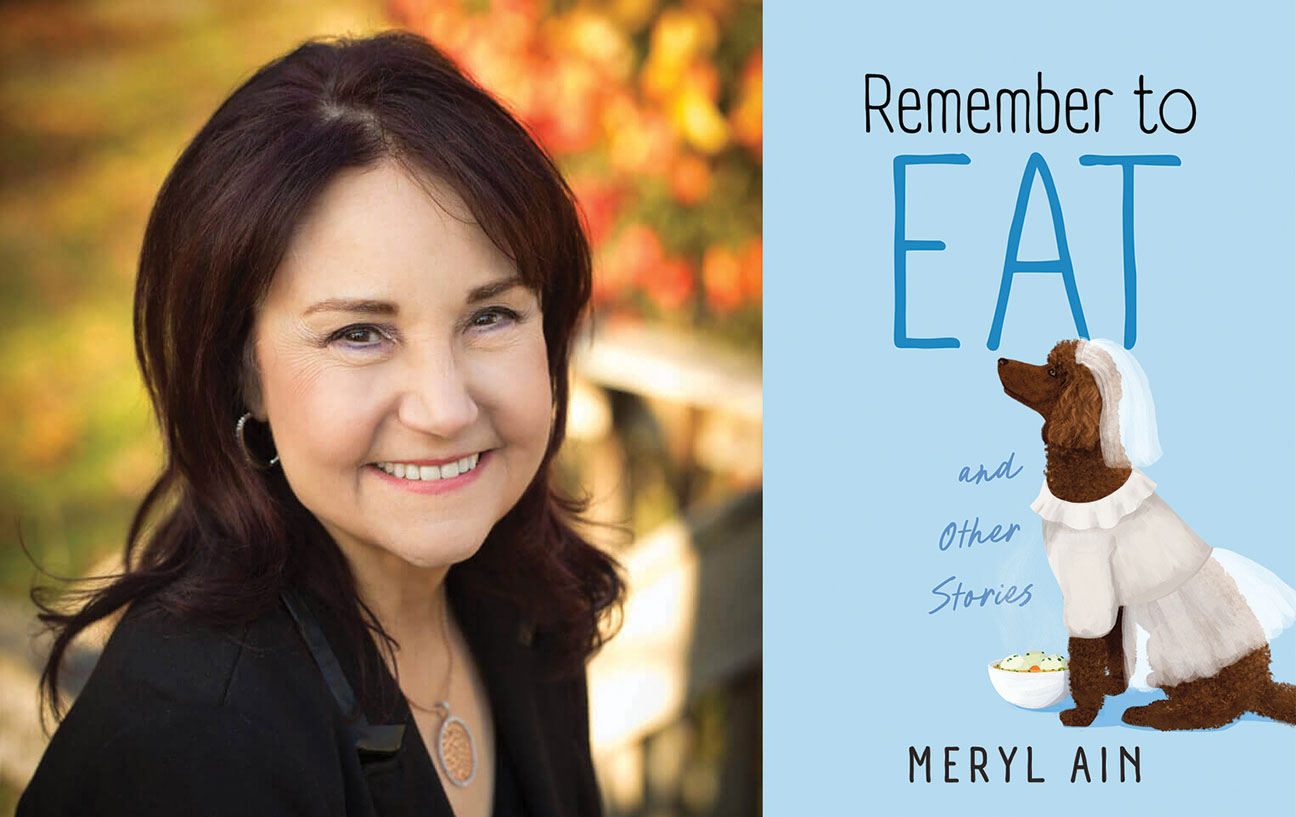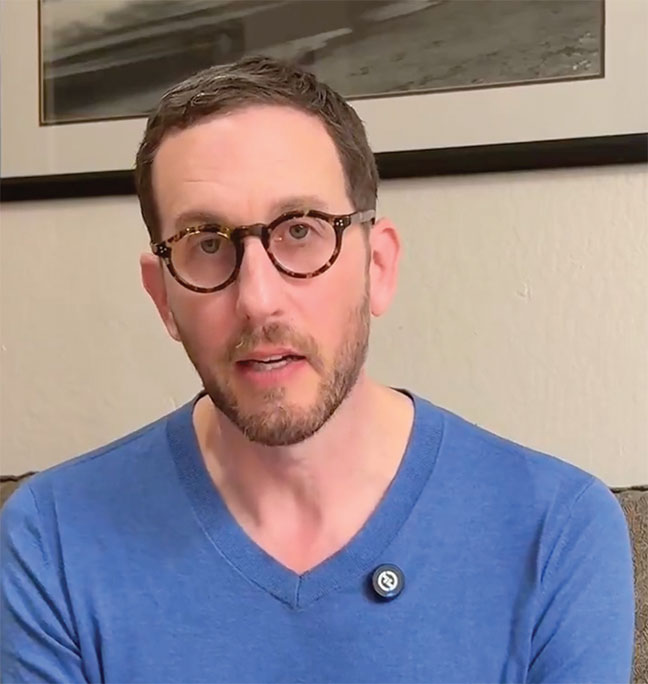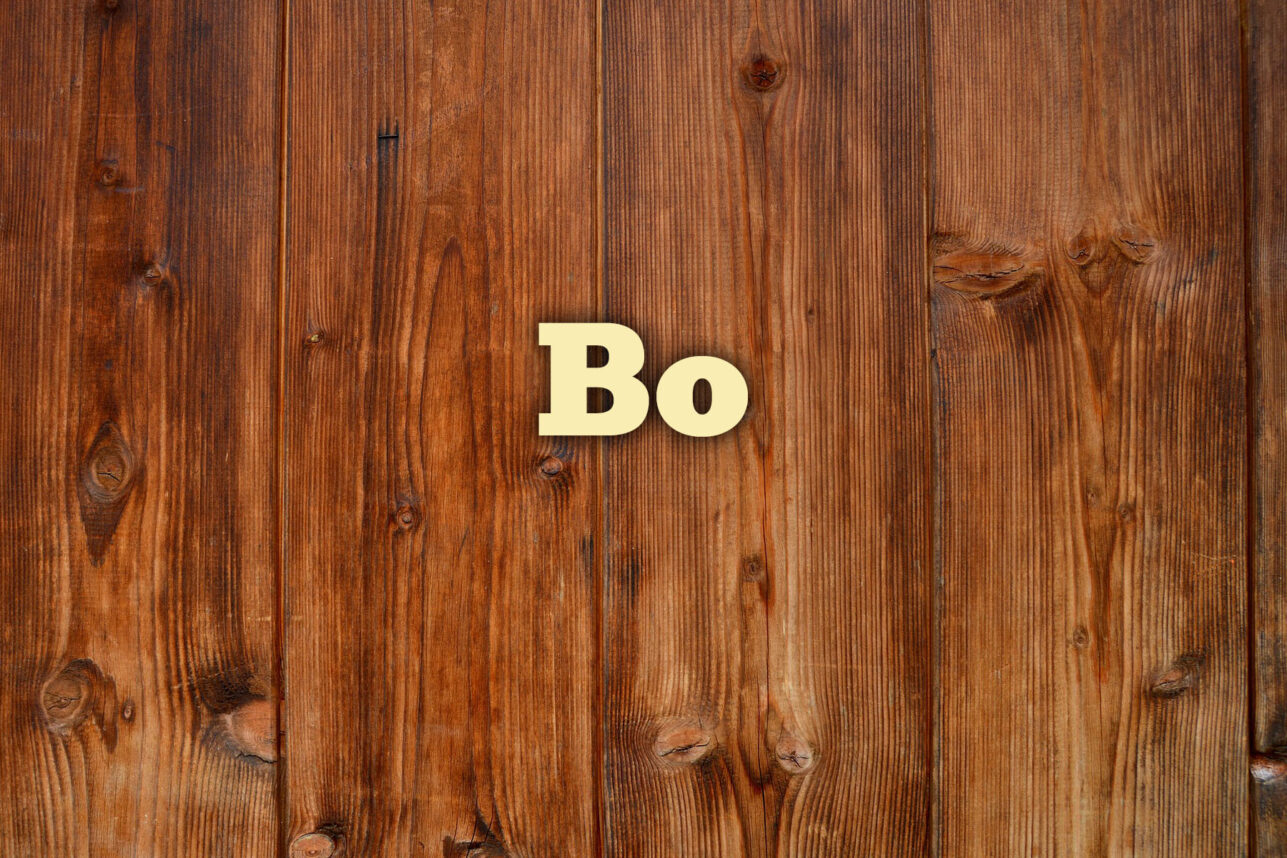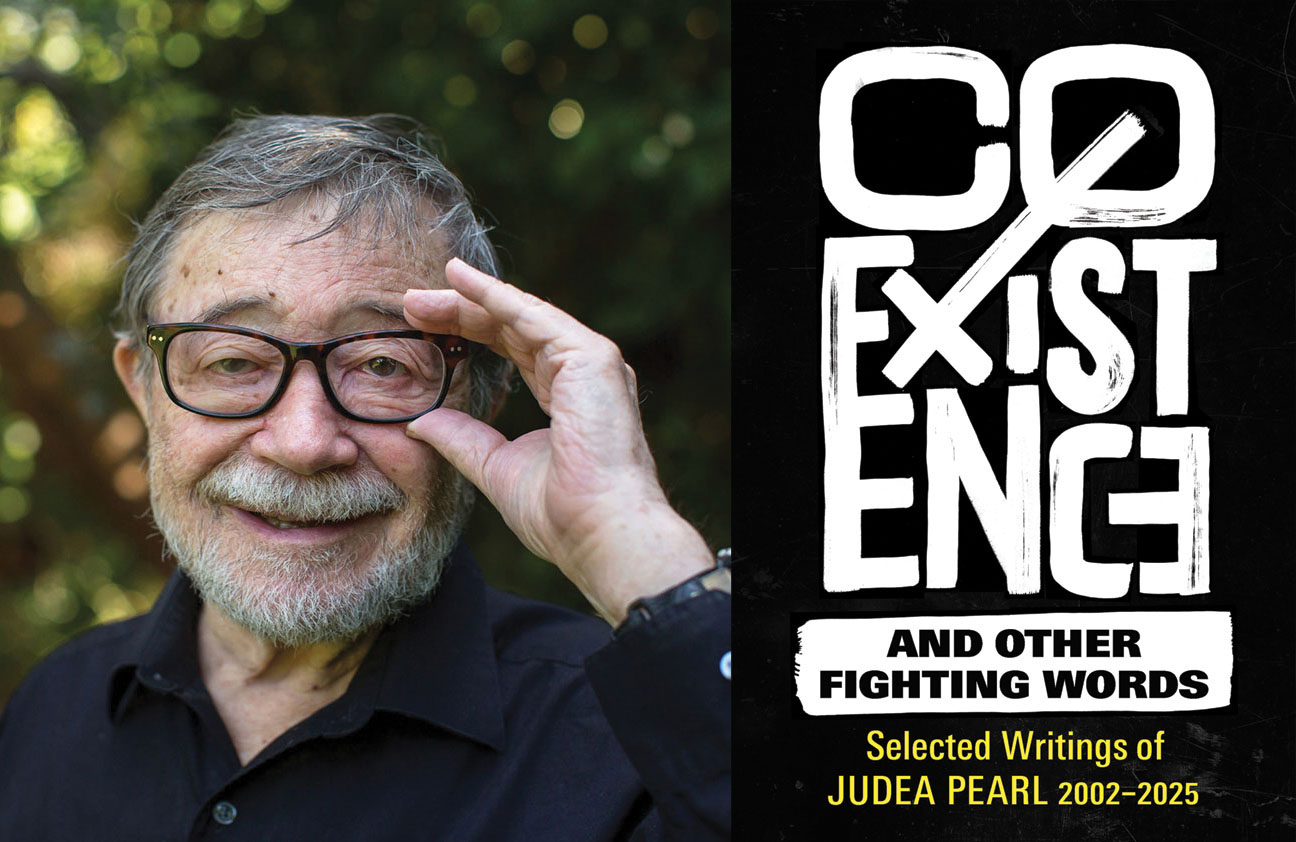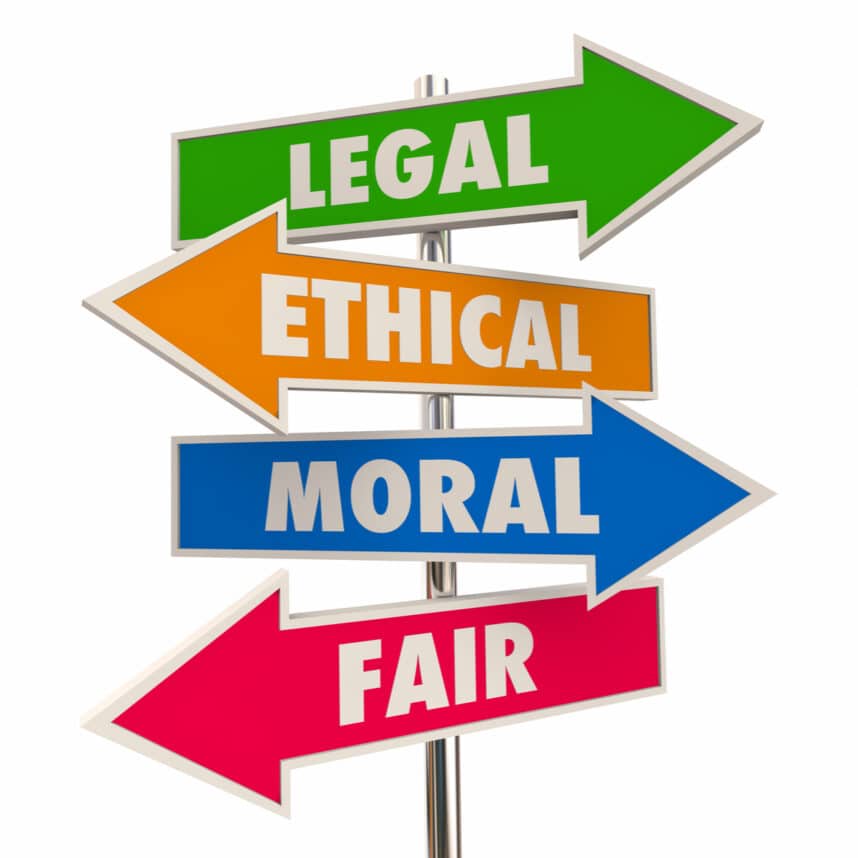
Mishpatim and the Study of Law and Ethics
Thoughts on Parashat Mishpatim 2025
The major part of our Torah portion, Mishpatim, raises important questions about Judaism, religion in general, ethics, and law.
First, the nature of Judaism. I have a brief definition of Judaism: a community rooted in texts and traditions, together producing a complex array of beliefs and practices.
Part of this “complex array” is Jewish law and ethics. Many of our legal philosophers have divided Jewish law, halakha, into two areas: commandments that connect us to God, and commandments that connect us to other human beings.
Examples of commandments that connect us to God are keeping the Sabbath and devotional practices – prayer, meditation, and so forth. Commandments that connect us to other human beings are related to ethics and justice.
We use the term “moral law” to differentiate between morality that can be legislated and that which can’t.
What is the connection between ethics and justice? Ethics has to do with right relationships between people, and justice attempts to formalize those relationships as communal norms. Ideally, the law of a community is rooted in ethics, but not all areas of “right relationships” can be dictated by law. We use the term “moral law” to differentiate between morality that can be legislated and that which can’t. The moral law requires that we be as kind and honest as is reasonably possible, for example, but those duties cannot be legislated. In the same way, we can speak of “legal justice,” issues of justice that you can take to court, and “natural law justice,” which can never be fully legislated.
Our Torah portion contains commandments that cover all these areas – ethics, legal justice, and natural law justice. Many people define their Judaism through the lens of ethics and justice, hence the importance of this Torah portion. Here is the problem: both words are profoundly difficult to define.
“Ethics” is from the Greek term “ethos” – normally translated as society’s norms. Morality, by the way, is simply a Latin translation of ethics. Morality, like ethics, is etymologically connected to “mores,” also meaning societal customs or norms. Etymologically, there is no difference between ethics and morality; they are translations of each other. Both terms, ethics and morals, eventually moved away from societal norms, what people do, to what people ought to do, rooted in what is truly right by its nature, not by people’s opinions. Is theft really wrong, or wrong because most people think it is wrong? Eventually, the idea of “natural law” took hold in Western thought. Actions are right or wrong by their nature, not because of opinions.
For all our focus in Judaism on ethics, it is interesting that there is no single word in Hebrew for the English words “ethics” and “morals.” The Hebrew language uses the term “mussar” for morality and ethics, but this term in its natural habitat connotes character ethics, not morality as a whole.
For all our focus in Judaism on ethics, it is interesting that there is no single word in Hebrew for the English words “ethics” and “morals.” The Hebrew language uses the term “mussar” for morality and ethics, but this term in its natural habitat connotes character ethics, not morality as a whole.
In the same way, there is no simple Hebrew term for “justice.” Sometimes the word “mishpat” is used, but this word can simply mean “law,” but sometimes means “law that is just.” The most common word for justice in Hebrew is “tzedek,” but this word also carries the idea of “righteousness.”
“Justice” is very difficult to define in any language. Etymologically, it comes from something being according to a line or standard, as in wanting something to be “just so.” Justice, of course, is concerned with the line of what is fair and right.
There are no satisfactory definitions of these terms – ethics, morals, justice, fair, and right, for example. When you study these terms, the definitions always end up using some of the other terms. What is fair, is just. What is just, is fair.
Through a lifetime of study of these ideas, I find that defining these terms is less important than studying cases where these terms play a decisive role.
In any well-functioning society, there is enough consensus on what is ethical and just to create a legal system, law being the attempt to consolidate ethics into an enforceable code of behavior. All well-functioning societies also understand the difference between law and ethics, in two ways.
One difference between law and ethics is the understanding that law will always lag behind ethics, that law won’t always line up with evolving understandings of what is right and fair. When enough people in a society recognize that the law in a given case is not fair, there is a way to change the law in well-functioning societies. The legislature or courts step in. Crisis occurs when people in a society have radically different understandings of what is right and fair. Ideally, we work these things out at the ballot box.
Another difference between law and ethics is that ethics (what is truly right and fair) requires things of us that the law can’t. Ethics would require, for example, that we be civil to other people going about their business. Law could never delineate what it means for us to be civil to others – law waits for a civil wrong or a crime.
In our Torah portion, we see many examples of what is mostly case law, “if this happens, then this happens.” It seems clear that these legal problems presented in the Torah are the result of generations of questions regarding law and ethics, normative ways to settle disputes. It is also clear that the legal and ethical issues presented in our Torah portion are frozen in time, often expressed in ways that are foreign, or even objectionable to us.
Our work as faithful interpreters of Torah is to look behind any legal case and find the ethical dimension – what problems of fairness and justice are being addressed? Studying how our textual tradition addresses questions of fairness and justice in its time can teach us how to address problems in our own time.
In my view, every well-functioning religion (especially to the degree that religion and law intersect) and society are always working both to close the gap between law and ethics and to support ethical behavior that the law can’t cover.
From this point of view, there really is no such thing as “Jewish ethics.” Ethics, meaning the study of what is truly right, fair, and just, is universal. I prefer a longer term: “Jewish ethics is the articulation of the Jewish tradition’s participating in the human struggle to discover what is right, fair, and just.”
Every religion, every society, struggles with questions of ethics. Ethics is universal, but the understanding of ethics differs depending on a given society or culture at a given moment in history.
Our goal in studying Jewish law and ethics is to sharpen our sensibilities regarding these issues. One example of a Jewish approach would be that traditional Jewish texts focus on duties more than, for example, the Aristotelian tradition, that sees goodness in terms of a rational goal of well-being. In the Torah tradition, we have a duty not to steal because it is wrong, not because stealing does not lead to human flourishing.
In modern questions of law and ethics, Judaism focuses, again, much more on duty than rights. The rights-oriented discourse in American society can be enriched greatly by the concept of duty, focusing less on what we deserve from others, and more on what we morally owe others.
In our study of this week’s Torah portion, we will study different aspects of law and ethics that can enrich us as human beings, and that can even enrich our participation in our nation’s ongoing struggle with what is right, fair, just, and true.















